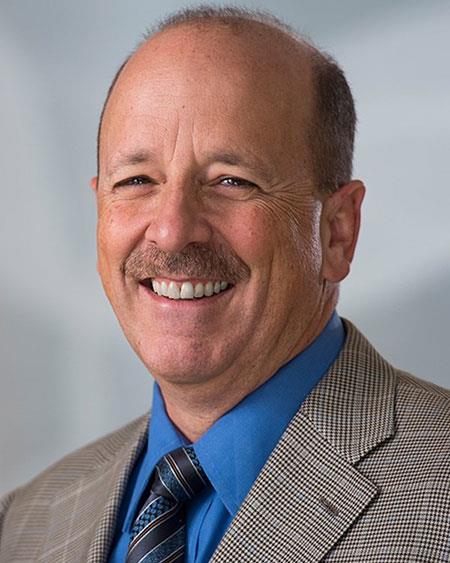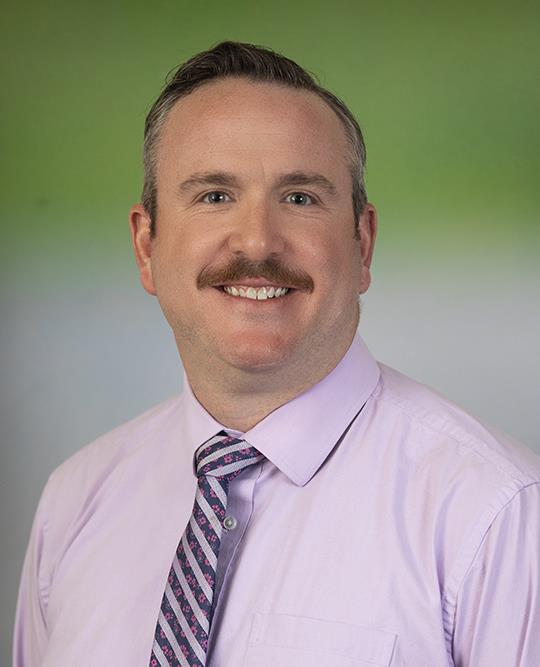- Doctors & Departments
-
Conditions & Advice
- Overview
- Conditions and Symptoms
- Symptom Checker
- Parent Resources
- The Connection Journey
- Calm A Crying Baby
- Sports Articles
- Dosage Tables
- Baby Guide
-
Your Visit
- Overview
- Prepare for Your Visit
- Your Overnight Stay
- Send a Cheer Card
- Family and Patient Resources
- Patient Cost Estimate
- Insurance and Financial Resources
- Online Bill Pay
- Medical Records
- Policies and Procedures
- We Ask Because We Care
Click to find the locations nearest youFind locations by region
See all locations -
Community
- Overview
- Addressing the Youth Mental Health Crisis
- Calendar of Events
- Child Health Advocacy
- Community Health
- Community Partners
- Corporate Relations
- Global Health
- Patient Advocacy
- Patient Stories
- Pediatric Affiliations
- Support Children’s Colorado
- Specialty Outreach Clinics
Your Support Matters
Upcoming Events
Mental Health Town Hall
Tuesday, April 23, 2024Join Children’s Hospital Colorado pediatric experts for a virtual...
-
Research & Innovation
- Overview
- Clinical Trials
- Q: Pediatric Health Advances
- Discoveries and Milestones
- Training and Internships
- Academic Affiliation
- Investigator Resources
- Funding Opportunities
- Center For Innovation
- Support Our Research
- Research Areas

It starts with a Q:
For the latest cutting-edge research, innovative collaborations and remarkable discoveries in child health, read stories from across all our areas of study in Q: Advances and Answers in Pediatric Health.


Colorado Fetal Care Center
Conjoined Twins
Parents and caregivers know their kids best. That’s why we put families at the center of every care team.

What are conjoined twins?
In rare cases, twins develop so closely that their body parts are joined together. Conjoined twins can be connected through a variety of body parts, including the head, chest, abdomen, pelvis and buttocks. Twins joined at the chest or abdomen are the most common type of conjoined twins, comprising 75% of all cases.
Common types of conjoined twins
The most common sites for twins to be joined are:
- Thoracopagus - Joined at the chest and facing each other
- Omphalopagus - Joined at the abdomen and facing each other
- Pygopagus - Joined at the buttocks and perineum, and facing away from each other
- Ischiopagus - Joined with a single bony pelvis and four normal lower extremities
- Craniopagus - Joined at the skull with or without brain connection
What causes conjoined twins?
Identical twins occur when a single fertilized egg (embryo) splits and develops into two individuals. The dominant theory on the origin of conjoined twins suggests that when the single embryo splits later, separation stops before the process is complete, leaving the babies joined. Alternatively, another theory holds that two separate embryos fuse in early development. What would cause either scenario remains unknown.
The exact rate of conjoined twins is not known, but estimates have varied from 1 in 25,000 to1 in 80,000 births. Maternal age and the number of prior pregnancies do not appear to be factors that influence the occurrence of this type of twins. However, use of assisted reproductive techniques (for example, in vitro fertilization) may result in an increased risk for conjoined twins.
How are conjoined twins diagnosed?
A routine ultrasound is the most common form of diagnosis for conjoined twins. The ultrasound might raise suspicion if the babies appear to be in the same pregnancy sac (meaning no dividing membrane). Then, if there is no dividing membrane, the babies' bodies might not appear to be separate or they might not change position relative to each other as time passes. Prior to 10 weeks of pregnancy, this condition may be diagnosed incorrectly by ultrasound. Multiple organ structures might be involved and/or developing abnormally.
MRI and echocardiogram are used to provide additional details. The more we know about the anatomy and how precisely the two babies are joined, the more accurately our team can assess whether surgically separating the twins is possible, and if so, how best to proceed.
Understandably, this is a very upsetting diagnosis. The fetal care specialists at the Colorado Fetal Care Center can help guide your family through pregnancy, delivery and care for your twins after birth. Successful surgical separation after birth is possible, but the outcomes depend on the type of connection as well as which organs and body structures are shared.
Managing pregnancy with conjoined twins
Conjoined twins can be delivered by cesarean section at our state-of-the-art facility, where our team specializes in managing this condition. Our fetal experts also have experience in procedures to surgically separate the twins after birth. There are no surgical procedures that can be performed while the babies are still in the uterus (referred to as fetal interventions) to separate conjoined twins.
Treatment options for conjoined twins varies from case to case. The Colorado Fetal Care Center works closely with the parents to identify the best treatment plan for their babies.
As a parent, it can feel overwhelming to think about the implications of having conjoined twins. But as one of the nation's top care centers for conjoined twin treatment, the Colorado Fetal Care Center is uniquely positioned to care for your babies while supporting your family with helpful resources along the way.
Conjoined twin treatment options vary based on where and how the babies are joined. Twins born without immediately life-threatening complications, often those joined at the buttocks or sharing a single pelvis, usually wait several months for surgery. During that time, physicians evaluate organ sharing and plan the surgical approach.
Twins whose lives are immediately threatened, especially those connected at the chest or head, require emergency surgery before extensive diagnostics can be completed. Once the initial surgeries are complete, with or without separation, physicians conduct tests then devise a multi-step approach to each health issue according to its urgency and long-term impact.
Will both babies survive if surgically separated?
Significant ethical considerations arise in cases where it is not possible to achieve separation without sacrificing the life or the quality of the life of one of the two twins. Our surgical team will discuss your options and the survival chances of each twin based on the surgical procedure they choose.
What is the long-term outcome for conjoined twins?
Because there are so many types of conjoined twins and each pair's connection can vary, the outcome depends on a wide range of variables. Your physicians will assess your case with a high degree of detail through multiple diagnostic tests and create a treatment plan aimed at maximizing your children's health and quality of life.
Next steps
-
Would you like to learn more about us?
Learn more about the Colorado Fetal Care Center -
Do you have questions about this condition?
720-777-4463 -
Want a second opinion?
Get started

Compassionate care, wherever you are
We’re here when you need us. Telehealth appointments are available across every specialty, so you can get the high-quality care we’ve always offered from the comfort, privacy and convenience of home.
See if telehealth is right for you
Get to know our pediatric experts.

Henry Galan, MD
Patient ratings and reviews are not available Why?

Emily Bucholz, MD
Cardiology - Pediatric, Pediatrics
Patient ratings and reviews are not available Why?


Nicholas Behrendt, MD
Maternal-Fetal Medicine, Ob/Gyn Obstetrics & Gynecology
Patient ratings and reviews are not available Why?



 720-777-0123
720-777-0123



